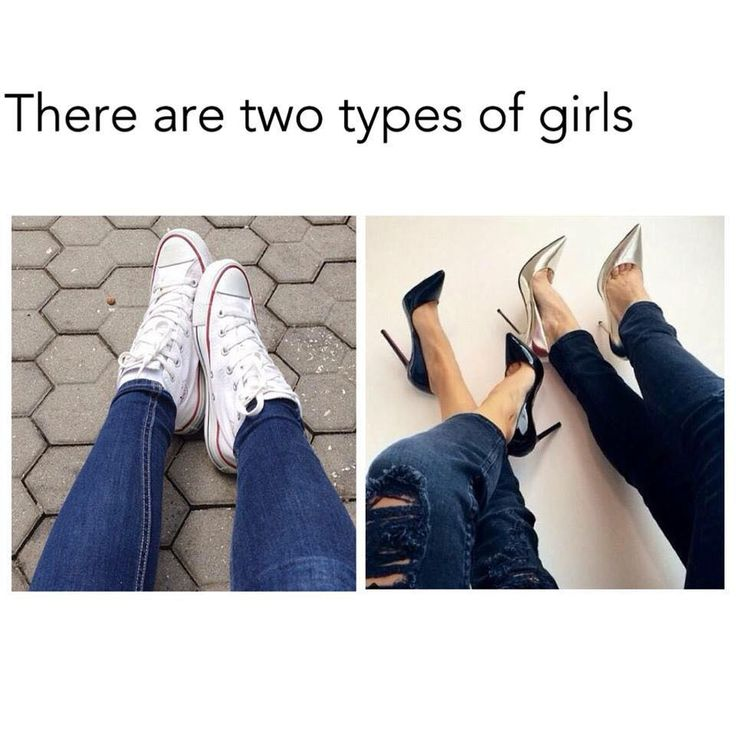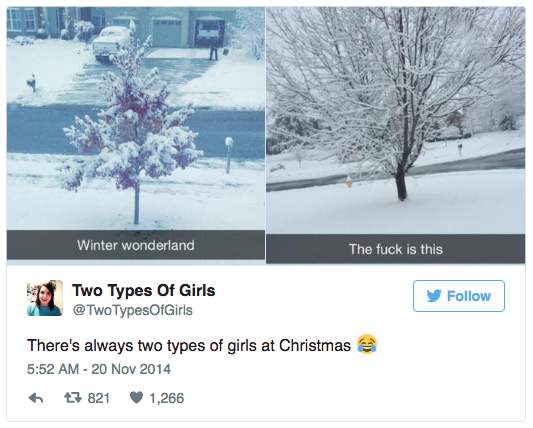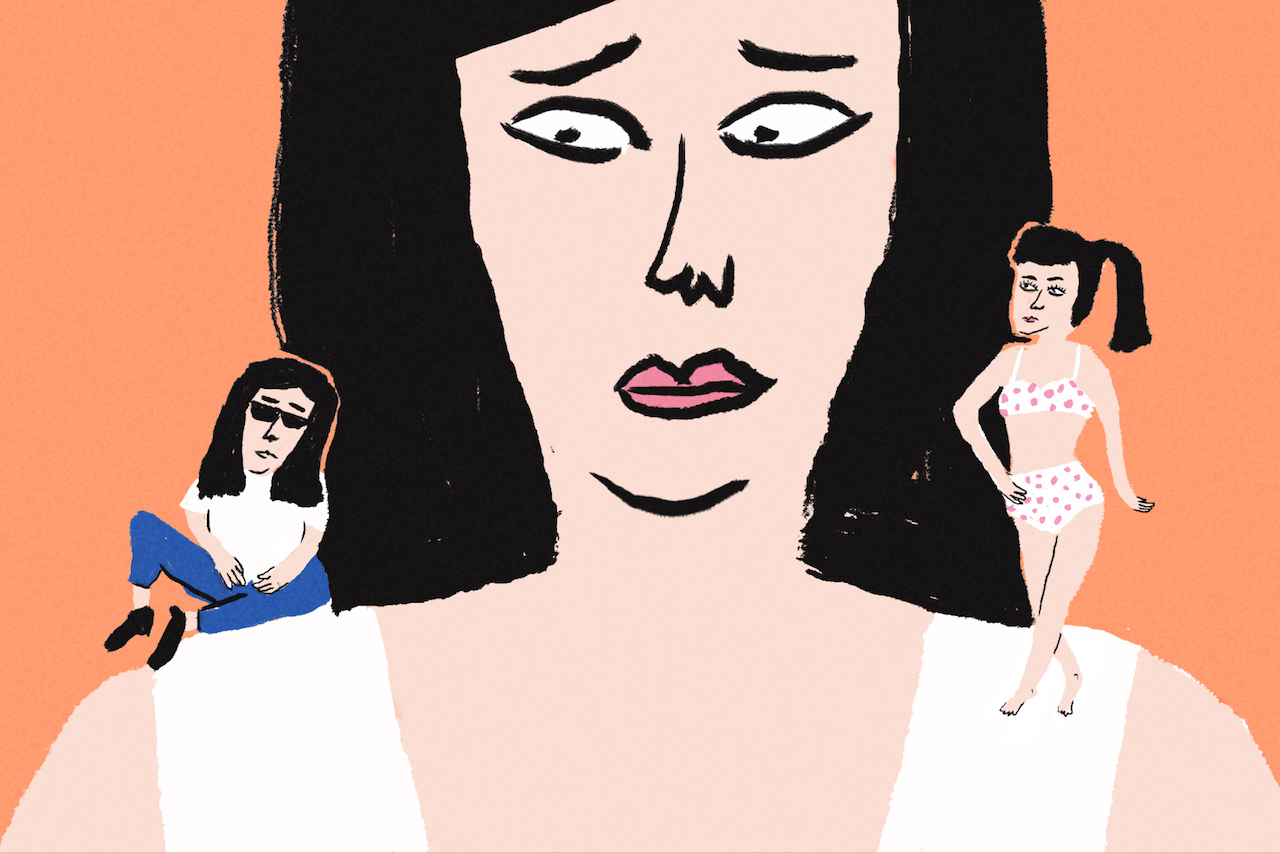The meme in question compares a chill girl next to a high maintenance girl, relying heavily on stereotypes.

The babe girl calls her girlfriends ‘babe’, hence the moniker. She upholds media-enforced stereotypes of femininity, appearing more demure in her actions, unlikely to crack a dirty joke. Babe girls evoke the male instinct to protect, making them classic girlfriend material.
The dude girl, on the other hand, calls everyone ‘dude’. She’s casual and chill, independent and self-assured. She can appear emotionally detached and aloof, refusing to let others’ opinions define her.
She might intimidate and irk most people, especially babe girls.
The dude girl, however, has not subverted stereotypes.
In reality, she embodies another tired trope, albeit one more culturally relevant: the cool girl. Jennifer Lawrence is the ultimate dude girl.
The differences between babe girls and dude girls means their friendships are outwardly vastly different as well.
Babe girl friendships appear more collectivist and emotionally dependent. They seem built on unquestioning loyalty to sisterhood, something often prized above logic. The babe girl usually has an entourage of girlfriends (who all call each other ‘babe’) she would defend in any circumstance.
The babe girl friendship model: Taylor Swift’s squad.
Dude girl friendships strive to maintain individuality and self-sufficiency. Honesty is a prime virtue with the dude girl, who always ‘keeps things real’, sometimes to the extent of tactlessness. It’s possible the dude girl has more guy friends or girlfriends who resemble bros.

So it was unsurprising that the idea for this article was presented to me through an intriguing question: “Do you call your girlfriends ‘dude’ or ‘babe’?”
“Well I hate it when people call me babe,” I thought. “I guess I’m a dude girl then?”
I mean, the only times I willingly use ‘babe’ is with overflowing irony or when I want to establish a quick connection with an acquaintance. Otherwise, I call everyone I talk to regularly ‘dude’, if not by their name.
But even though I’m hardly a babe girl, I’ve realised that both types of friendships are emotionally fulfilling in different but equally important ways.
While I share deeper thoughts within my dude girl friendships, it can be challenging to switch to small talk. My babe girl friendships, though, are strung together loosely by cafe trips and brunch dates, eased along with the social lubricant of banal conversation. These friendships are a necessary breather between more intense ones.
Unfortunately, babe girls get a lot of hate from dude girls for being basic, often for appearing to be comparatively more self-interested.
Yet babe girl friendships only appear superficial because we’ve subconsciously associated the activities females generally enjoy doing with being meaningless time-wasters. The annoyance partly stems from dude girls wanting to be chill and unaffected by feelings, despite caring deeply about things.
Babe girls, for all their self-absorption, embody the right degree of indifference and lack of awareness about the world, making life simpler for themselves.
Separating people into clear categories is obviously unhelpful, so why does our natural instinct, upon seeing the memes, instantly associate ourselves with either type of girl?
Because doing so makes life easier to process. We naturally seek to understand the world by projecting our own experiences and personalities onto circumstances. After all, stereotypes might be exaggerated caricatures, but they possess a modicum of truth.
So maybe categories aren’t bad per se.
We acknowledge that there are many different types of people and strive to represent every one where we can, but is it realistic to tirelessly consider caveats about grey areas in every aspect? What is wrong with purposefully removing complexity from life, if it means we focus our energy on the bigger picture instead of getting pedantic?
using ‘dude’ and ‘babe’ to categorise girls reinforces insidious and internalised sexism
So the trouble is, using ‘dude’ and ‘babe’ to categorise girls reinforces insidious and internalised sexism. The feminine ‘babe’ implies a high emotional maintenance that is seen as troublesome (ie, bad), whereas the masculine ‘dude’ implies someone chill, laid-back and easygoing (ie, good), inevitably pitting women against each other.
Compare this ranking of girls with career women who think housewives are a disgrace to feminism, without realising the disdain itself is the disgrace. Ultimately, dude girls are a victim of the very sexism they rebel against.
Back to the question: are you a dude girl or a babe girl?
It doesn’t matter. If anything, it only matters how you think of each type and why you do.





